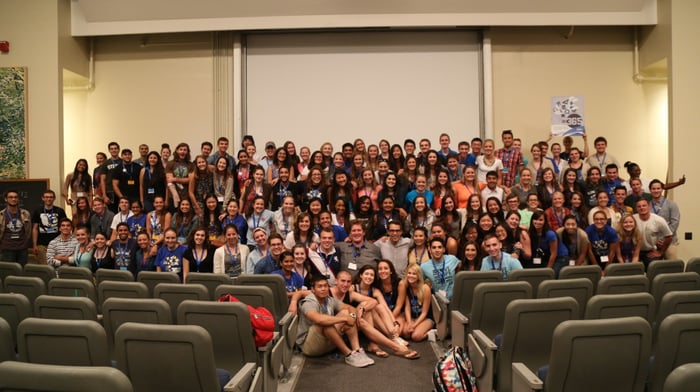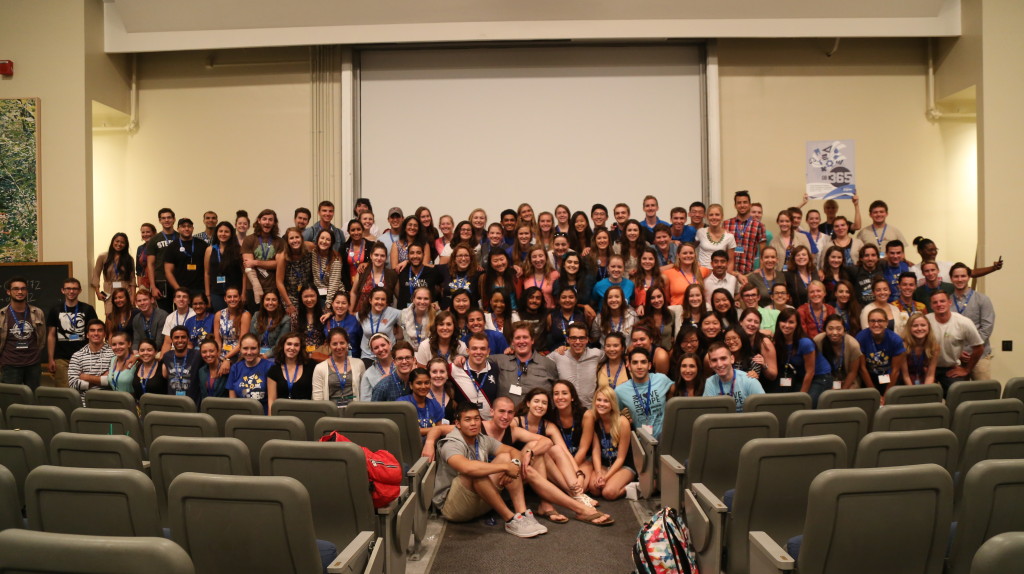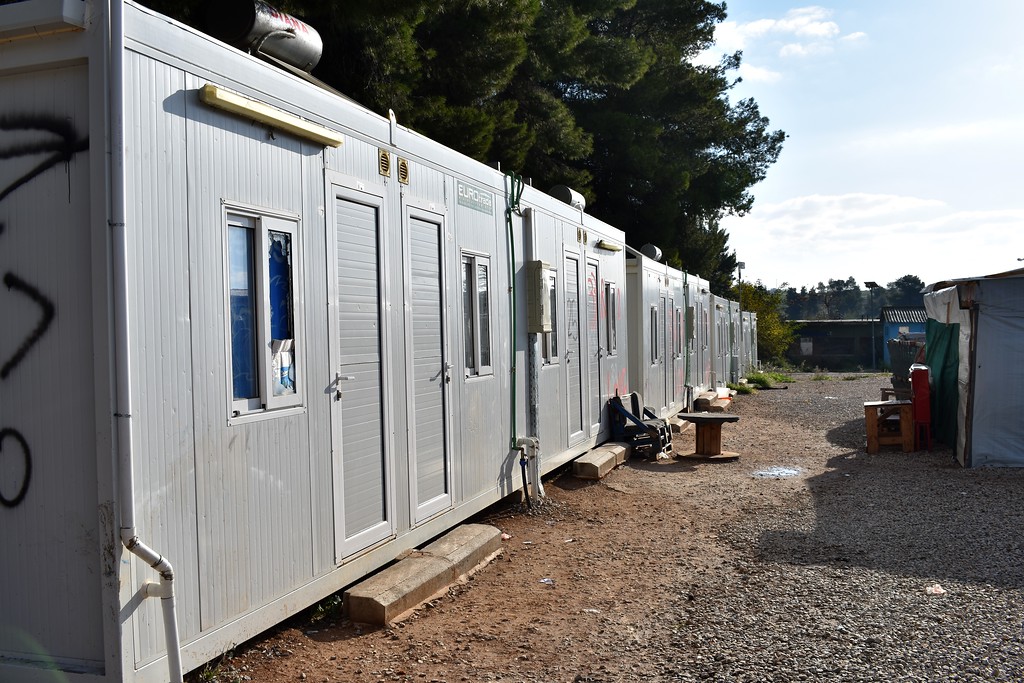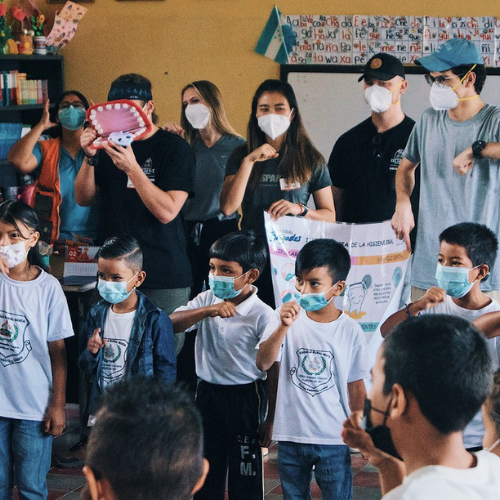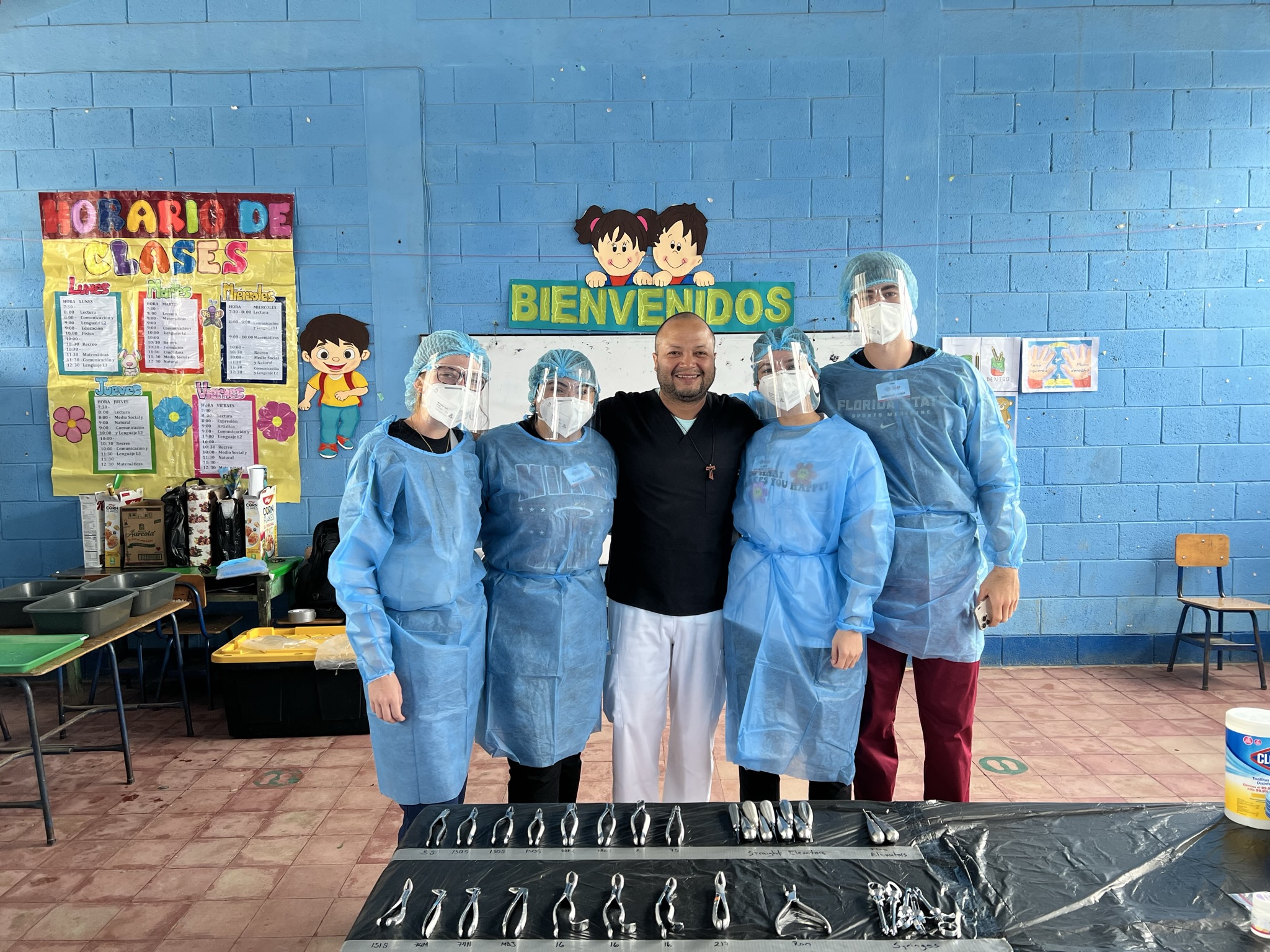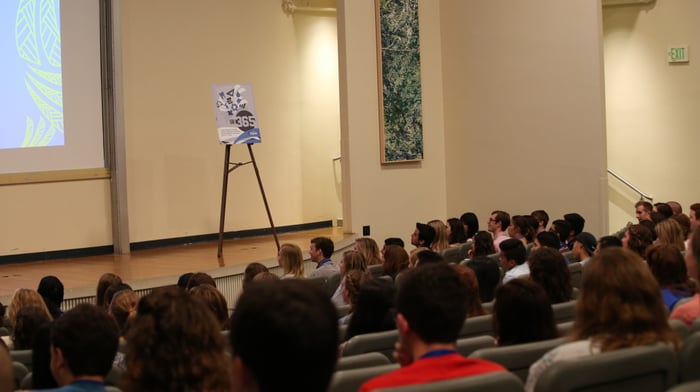
Global Brigades has a mission to both impact the minds of partner community members and international students around the world. Through capacity trainings and community-sustained projects, Global Brigades aims to motivate health and economic development through empowerment and support. Through pre-brigade curriculums, on-brigade reflections, and post-brigade engagement, Global Brigades aims to create a movement of students who will spread awareness and act upon poverty inequity beyond their undergraduate experiences. Efforts have been made by Global Brigades’ research and evaluation teams to monitor the impact of sustainable development projects and community satisfaction. Whereas, there is great room for improvement, this initiative has already retrieved important data through surveys that help ensure the effectiveness and community collaboration of each project.
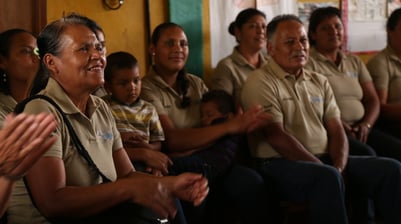
But how do we monitor the organization’s impact on students?
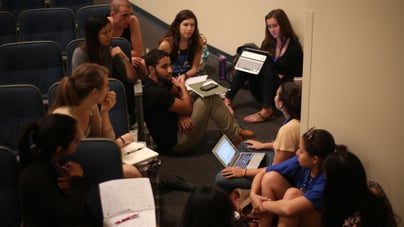
The growth of over 10,000 volunteers a year, as well as the enthusiasm for new Global Brigades facilitated Alumni Hubs, demonstrates an increase in long-term activism, but how else can we monitor the growth of student commitment on issues of poverty inequity. This years’ Student Leadership Conference at Boston University perhaps showed samples of this engagement, as student leaders across the United States and Canada represented not only enthusiastic ambassadors to international service, but also critical thinkers ready to advance the field of international development. During the three-day conference, students listened to presentations on how Global Brigades measures community impact and on the progress and importance of sustainable transitions out of a community. They learned about new Global Brigades initiatives to enhance the pre-brigade curriculum with the application ‘Unleesh’ and the new option to receive university credit from Arcadia University. (Find out more about these initiatives and look through the entire conference presentation here)
It was from opportunities for dialogue, questions, and breakout sessions, however, that students highlighted their role and growth as critical thinkers. Questions on project sustainability, what makes Global Brigades different than other volunteer organizations, and whether there should be more of a focus on domestic poverty inequity issues, were brought up. Ready to address these important questions, Global Brigades staff members found that student leaders, more than ever, were able to weigh in, provide perspective on some of these questions, and fuel positive discussion.
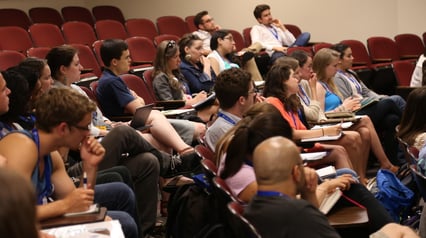
USC Campus Chairperson, Anjeliqueca Bajita, reflected on this benefit of the conference adding, ‘the conference was a great collaborative learning experience and I’m so honored to be a part of a strong group of leaders that continues to grow through open discussion. The more I learn about Global Brigades, the more empowered I become to be the change and empower others to engage in change as well. Through unfiltered dialogue, unafraid of criticism, I felt that everyone at the conference was able to take something back.’ In depth conversations highlight an evolving community of students that are unafraid to ask the tough questions on development work. In return this fosters greater appreciation and passion for their effort to initiate and ensure their impact is positive. Peter Palena, the Drexel University Campus Vice President, added, ‘the Student Leadership Conference served as a reminder that the impact of our work is far greater than any single brigader sees during one brigade. Bringing all of the student leaders together provided the tools and motivation necessary to make sure the 2014/2015 season will continue to grow our cause.’ It is because of these challenging questions and conversations that Global Brigades has made strong progress over the years, as students hold the organization accountable to be a leader in best practices for international service. ‘I’m excited for GB, for all its growth over the years and for its openness to continue improving and growing,’ concluded Anjeliqueca.
Note: Thank you to all the students that attended from all over the U.S. and Canada, and thank you to our sponsors Cardinal Health, Buena Vida Coffee, and Kaplan for helping to make this event possible.
